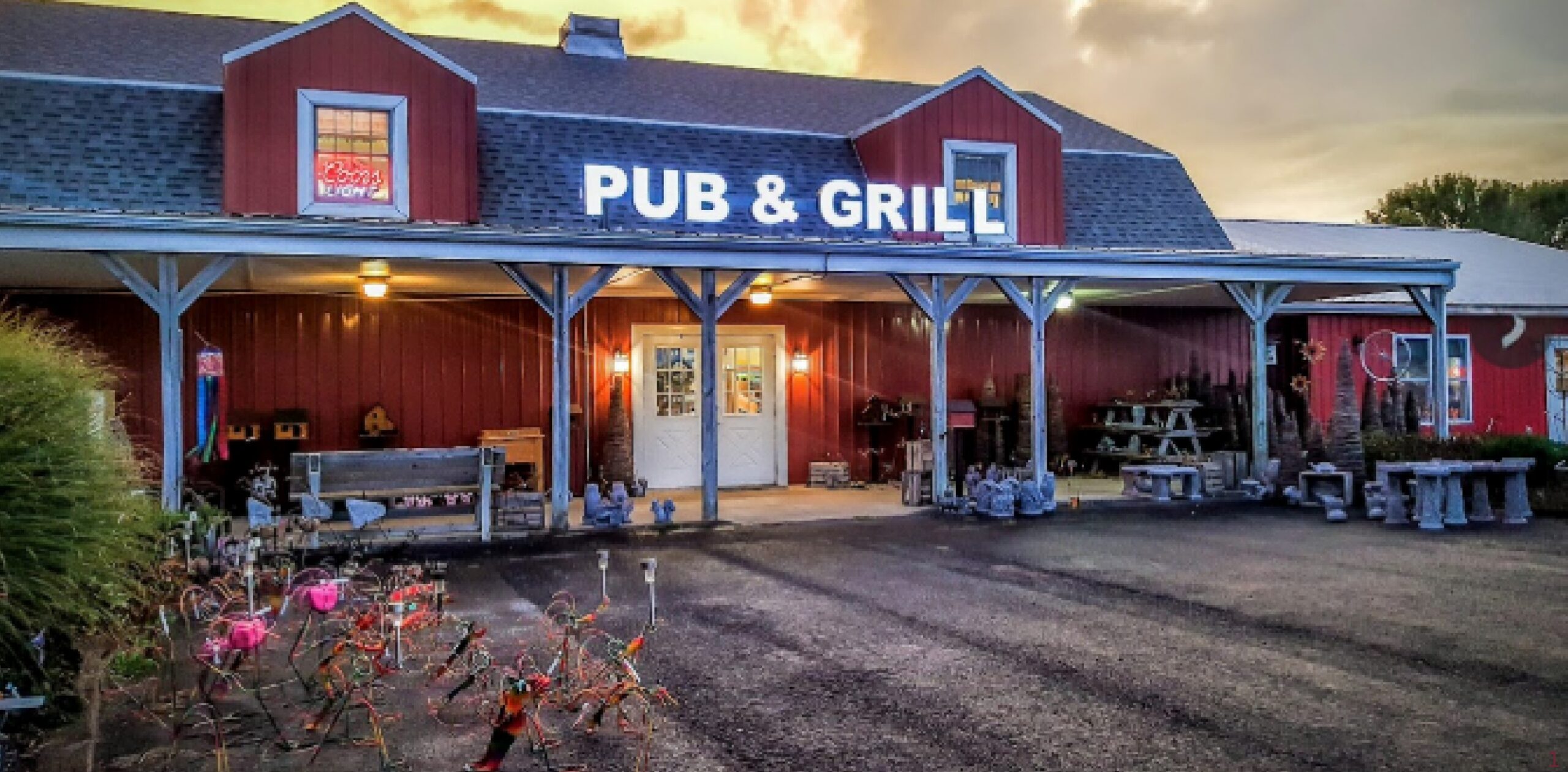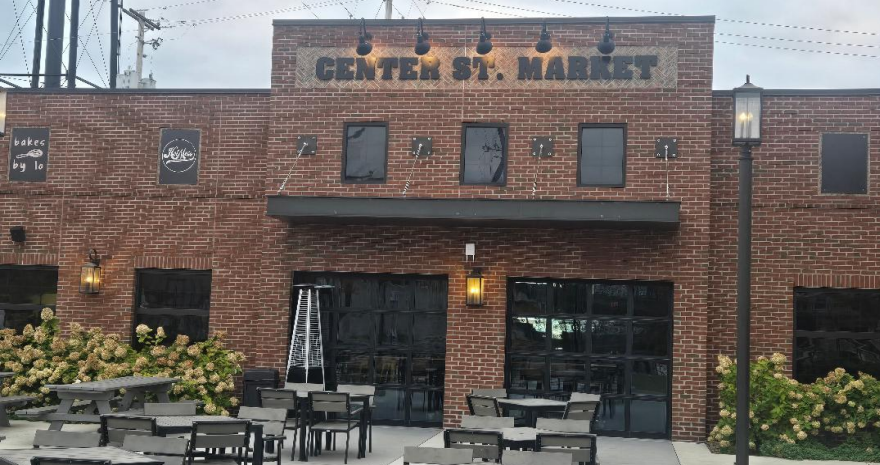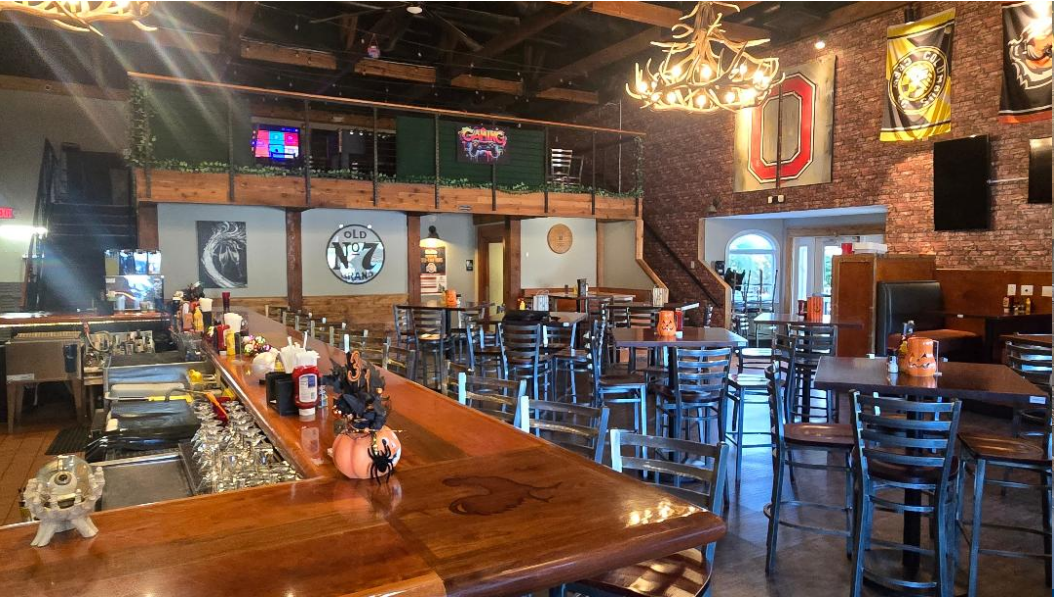
Purchasing a bar or restaurant can be a fun and profitable investment. However, it’s important to keep in mind the requisite taxes for owning a bar or restaurant, as these are part of the financial responsibilities that owners face. Here is a guide to the various taxes that you’ll need to pay for owning a bar or restaurant, as well as brief explanations of what each tax entails.
Sales Tax:
Like most businesses, bar owners and restaurant owners are required to pay a sales tax, which applies to any food that is prepared and sold to customers, as well as most beverages. Each individual sale has a tax applied to it, although food that you purchase for later retail doesn’t have sales tax applied by your supplier.
Job and Family Service Taxes:
Under Ohio state law, employers must register for an employer account number with the Department of Job and Family Services. (Registering as an Employer) This department regulates unemployment compensation taxes, which are paid by business owners. Once you receive an employer account number, you will be notified of the required contribution rate for this tax.
Workers Compensation:
Taxes for owning a bar or restaurant also include paying for Workers’ Compensation insurance, which are regulated by the Ohio Bureau of Workers’ Compensation (BWC.) Premium rates for workers’ compensation are decided by the BWC.
Payroll Taxes:
Payroll taxes are a major concern for any business owner, as unpaid payroll taxes actually cause more closures than unpaid income taxes. How do payroll taxes work? When you pay employees, federal income taxes, state income taxes, medicare, and other deductions must be withheld, and employers are responsible for the withheld taxes–this is what a payroll taxes is.
However, bar owners and restaurant owners can face payroll tax complications due to tip income for their employees. You are required to report tips that employees receive and pay social security and medicare taxes on tip income, but employees rarely report the entirety of their tips, and it’s difficult to track tips that aren’t put on credit cards. (Payroll Taxes) Because of this, you may end up liable for more than expected in a tip audit, although the IRS usually won’t question tips reported if they are 8% or more of wages.
City Taxes:
City taxes, sometimes referred to as municipal taxes, are paid in addition to federal income taxes and are regulated by the town or city your business is located in. While many cities don’t impose a local income tax, you’ll want to check city tax policies before purchasing a bar or restaurant.
Property Taxes:
Another of the taxes for owning a bar or restaurant is the property tax, which can vary greatly depending on the value of property where you live and how much tax revenue the various local, state and federal councils determine is needed. Property tax values also vary depending on an individual city’s need to pay for education, transportation, emergency services and parks, which are among the services usually funded by property taxes.
Liquor License:
Although it is not actually a tax, bars, and restaurants that serve alcohol, must renew their liquor license each year for a fee, which is paid to the state. Renewing your liquor license is required to sell alcoholic beverages in Ohio, just as it is in other states.
If you have questions or concerns about any taxes paid by bar or restaurant owners, you can contact Sokol and Associates, a brokerage firm based in Columbus, Ohio. Our expertise can help you navigate the taxes and fees required for owning a bar or restaurant in Ohio.



